In the East Village in New York City, a man steals a french fry, gets into a fist fight, takes drugs, and has a depraved tryst with a sex worker behind a dumpster—all in the first few pages of this debaucherous satirical comedy. Rusty, a sex-addicted man with erectile dysfunction, spends his days (and nights) pursuing demeaning, degrading sex. After a particularly haunting night spent debasing a woman named Sonya, Rusty decides to respond to an advertisement that promises to cure his erectile dysfunction. When he goes in for treatment, however, Rusty finds that the ad was actually a cover for a secretive and fantastical group called the Wormhole Society, “a secret society that uses wormholes to change people.” Availing one’s self of the wormholes comes with two risks: “losing the self and ending up lost in time.” With nothing to lose, Rusty thrusts himself through a portal (cleverly disguised as a sandwich board inside his favorite local restaurant) and hurtles through time and space. Somewhere in between masturbating in a crowded elevator on 9/11, having animalistic sex with Lucy, the first known human on Earth, and experiencing an orgasm as nothing but a subatomic particle in the Big Bang, Rusty begins to question who he is and how he can be a better man. (He also wonders if “doctors [he] saw in the parallel universe [would] be considered out-of-network.”) Via blunt, sharp prose and rough dialogue (“‘I wanted a ladyboy, but if you’re into extreme humiliation you can stay,’ I slurred as I cracked a popper and felt a wave of warmth surging through my body”), Levy creates characters both deplorable and engaging. Throughout Rusty’s obscene and otherworldly journey, the author boldly tackles topics including human nature, self-worth, and relationships at their ugliest. Not for the faint of heart, this dark comedy is “terminally unique”—and wholly compelling.




